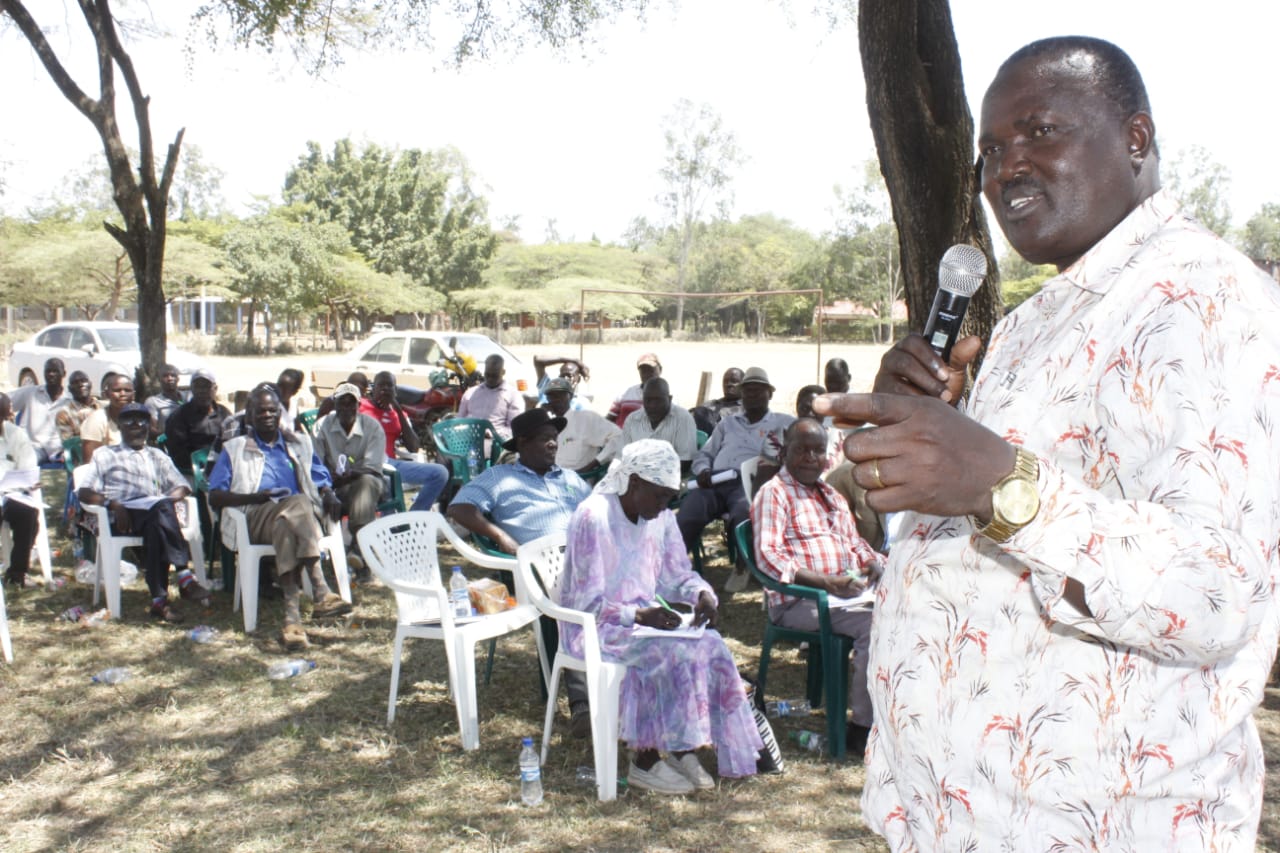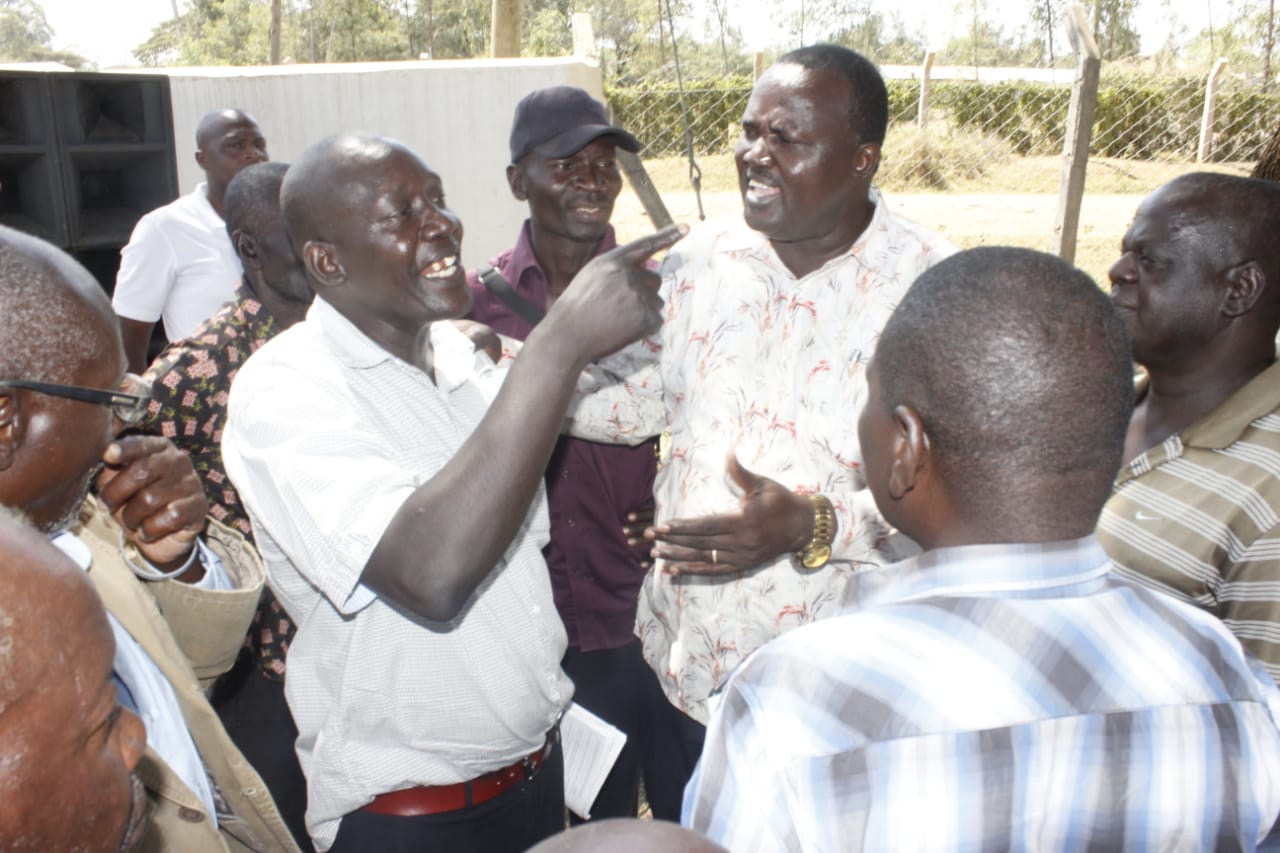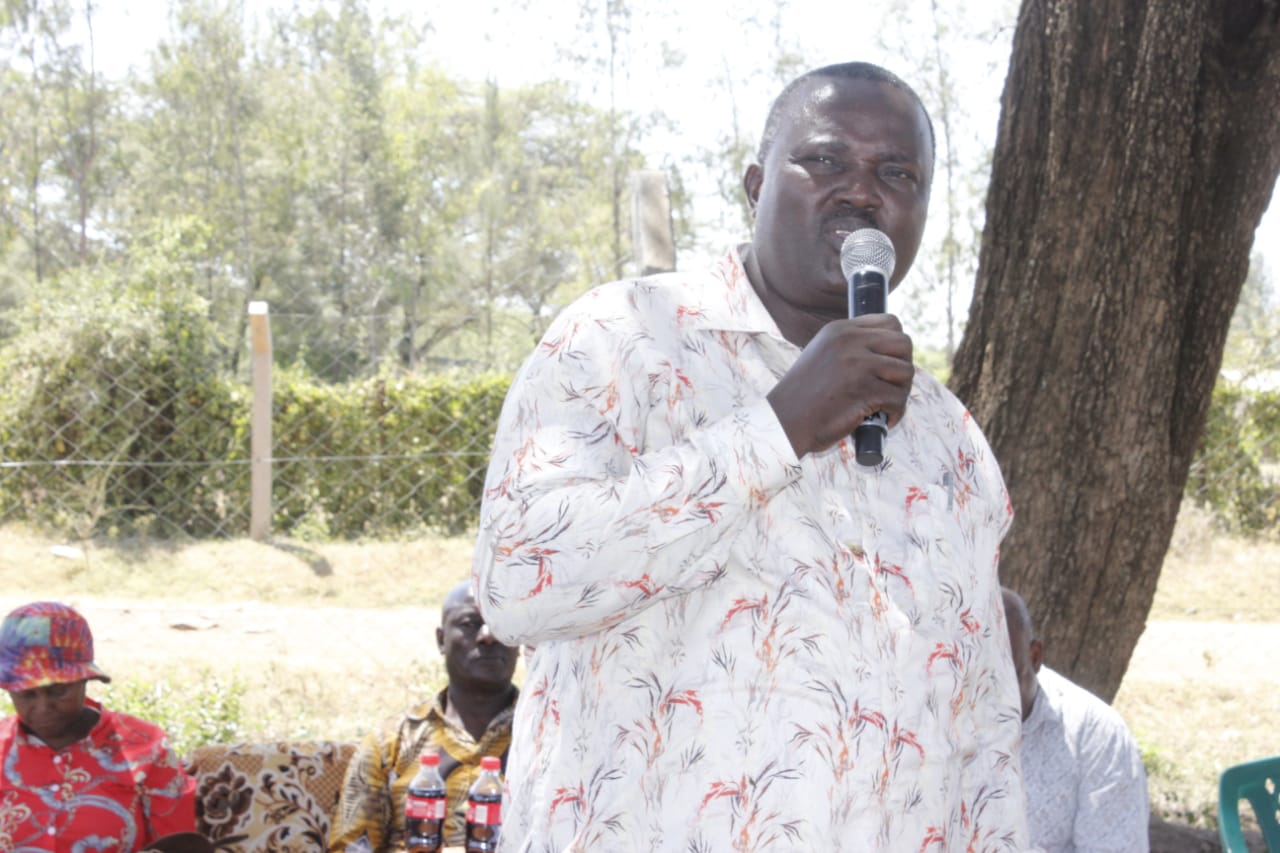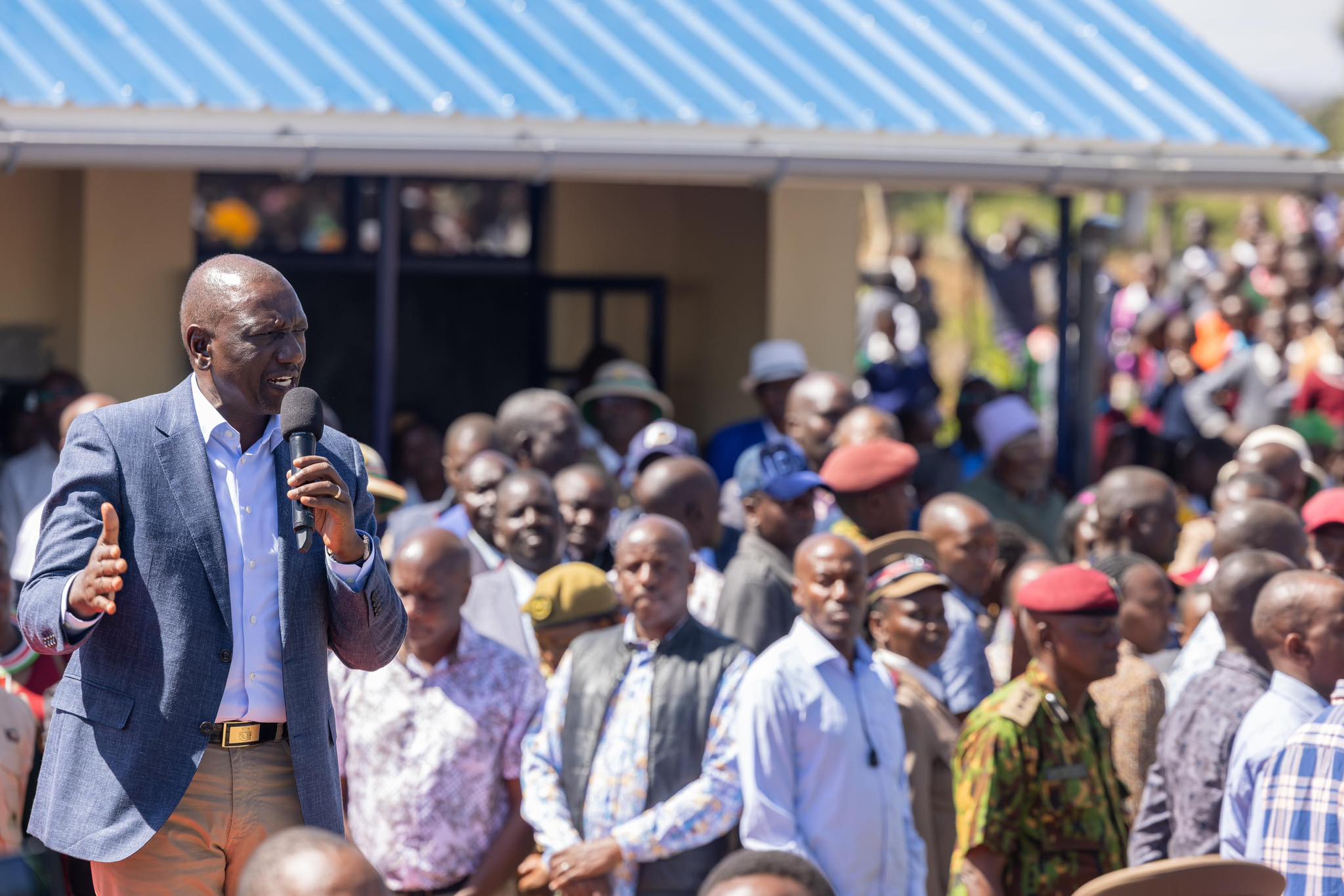The Kisumu Sugar Belt Union is now calling for greater representation of cane farmers in decision-making processes that affect them. Union members have expressed concerns that the current composition of farmers in various committees is too minimal to make any meaningful impact. Union chairman Zedekiah Otene emphasized that more farmers should be included in the pricing committee, as they play a significant role in cane development.
Speaking during a public participation forum in the Kibos area of Kisumu East constituency, Otene highlighted the struggles of cane farmers, despite the fact that the cane levy is being deducted by the county government. He argued that the cane levy should be reverted back to the Kenya Sugar Board, as was the case previously. Otene pointed out that while the levy is secured by county governments, the roads in the sugar belt remain in poor condition, which leads to a lot of cane going to waste due to inadequate infrastructure.

Otene also suggested that more farmers should be consulted on issues related to the sector. He proposed that payment for cane delivered should not be based solely on sucrose content, but also consider other by-products, as is the practice in neighboring countries. Otene further emphasized that the biggest challenge for cane farmers is the importation of sugar from outside the country.
The Chief Executive Officer of the Kenya Sugar Board (KSB), Mr. Jude Chesire, assured farmers that their views would be considered in the development of bylaws as required by the Sugar Act. Chesire emphasized that all opinions gathered would play a role in shaping future regulations.
Board member at the Agriculture and Food Authority (AFA), Samuel Ongou, praised President William Ruto for assenting to the Sugar Bill at the last minute. Ongou commended the president for showing genuine concern for the welfare of cane farmers and noted that the new legislation has brought new hope to the sugar sector. He pointed out several achievements under the Kenya Kwanza administration, including the writing off of debts amounting to Sh. 117 billion and the introduction of subsidized fertilizers for sugarcane farmers for the first time.

Ongou highlighted several benefits that will be derived from the new Act, including increased representation for farmers in the research institute, more directors on the board, and additional representatives in the pricing committee. He also noted that the 40 percent allocation for cane development would help address the cane shortage that has plagued the industry in the past. Furthermore, he emphasized the importance of funding research into early-maturing cane varieties with high sucrose yields, which would make payments based on sucrose content more feasible.
Ongou also pointed out that payments based on sucrose content will directly benefit farmers by allowing them to be compensated for sugar by-products like bagasse, molasses, and co-generated electricity from milling factory turbines—marking a historic first for the sector. He also lauded the President for fulfilling his pre-election pledge to reform Kenya’s sugar industry, a promise made during the 2022 elections.
YOU MAY ALSO READ:
Farmers urged to elect genuine representatives in Kenya Sugar Board elections
The new legislation aims to address a range of challenges within the sector, including production, pricing, and quality control, with the goal of revitalizing the industry and supporting local farmers. Earlier, Ongou had mentioned that one of the major issues facing farmers is cane pricing, and he reiterated that more farmers should be represented in decision-making bodies to ensure their interests are properly addressed.
By Fredrick Odiero.
Get more stories from our website: Sacco Review.
For comments and clarifications, write to: Saccoreview@
Kindly follow us via our social media pages on Facebook: Sacco Review Newspaper for timely updates
Stay ahead of the pack! Grab the latest Sacco Review newspaper!



